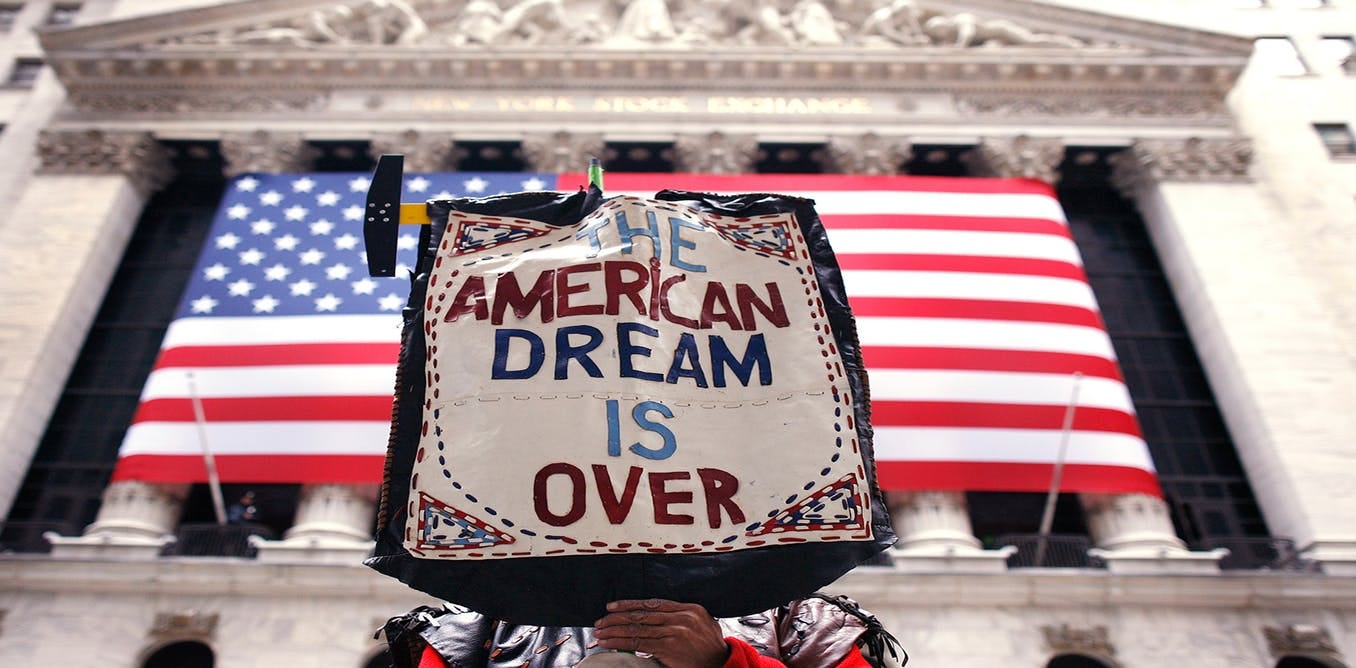 In the 9th largest economy in the world, the financial markets are crashing, and in the 21st largest economy in the world the central bank just raised interest rates to 65 percent to support a currency that is completely imploding. While the mainstream media in the United States continues to be obsessed with all things Kavanaugh, an international financial crisis threatens to spiral out of control. Stock prices are falling and currencies are collapsing all over the planet, but because the U.S. has been largely unaffected so far the mainstream media is mostly choosing to ignore what is happening. But the truth is that this is serious. The financial crisis in Italy threatens to literally tear the EU apart, and South America has become an economic horror show. The situation in Brazil continues to get worse, the central bank of Argentina has just raised interest rates to 65 percent, and in Venezuela starving people are literally eating cats and dogs in order to survive. How bad do things have to get before people will start paying attention?
In the 9th largest economy in the world, the financial markets are crashing, and in the 21st largest economy in the world the central bank just raised interest rates to 65 percent to support a currency that is completely imploding. While the mainstream media in the United States continues to be obsessed with all things Kavanaugh, an international financial crisis threatens to spiral out of control. Stock prices are falling and currencies are collapsing all over the planet, but because the U.S. has been largely unaffected so far the mainstream media is mostly choosing to ignore what is happening. But the truth is that this is serious. The financial crisis in Italy threatens to literally tear the EU apart, and South America has become an economic horror show. The situation in Brazil continues to get worse, the central bank of Argentina has just raised interest rates to 65 percent, and in Venezuela starving people are literally eating cats and dogs in order to survive. How bad do things have to get before people will start paying attention?
On Friday, Italian stocks had their worst day in more than two years, and it was the big financial stocks that were on the cutting edge of the carnage…
Shares in Italian banks .FTIT8300, whose big sovereign bond portfolios makes them sensitive to political risk, bore the brunt of selling pressure, sinking 7.3 percent as government bonds sold off and the focus turned to rating agencies.
Along with the main Italian stock index .FTMIB, the banks had their worst day since the June 2016 Brexit vote triggered a selloff across markets.
Italian bonds got hit extremely hard too. The following comes from Business Insider…
…click on the above link to read the rest of the article…












